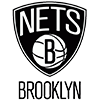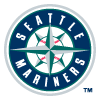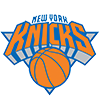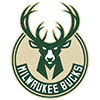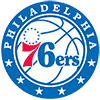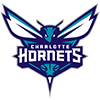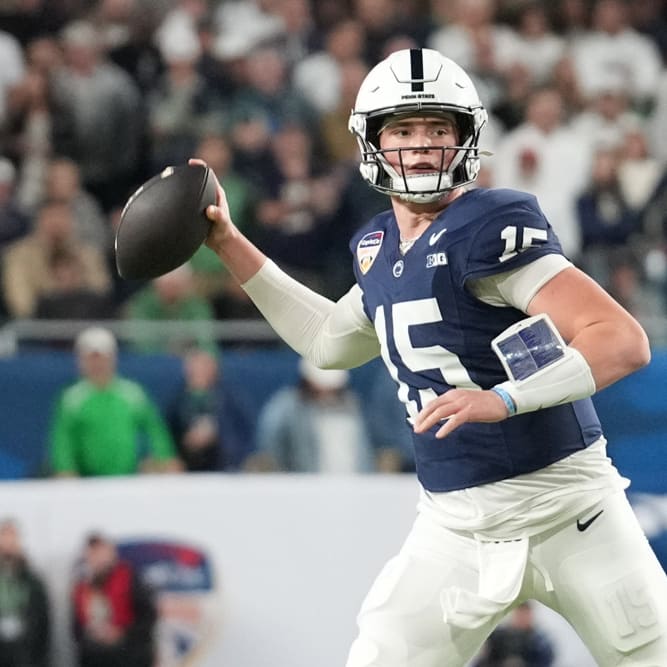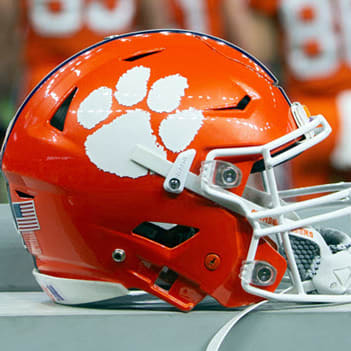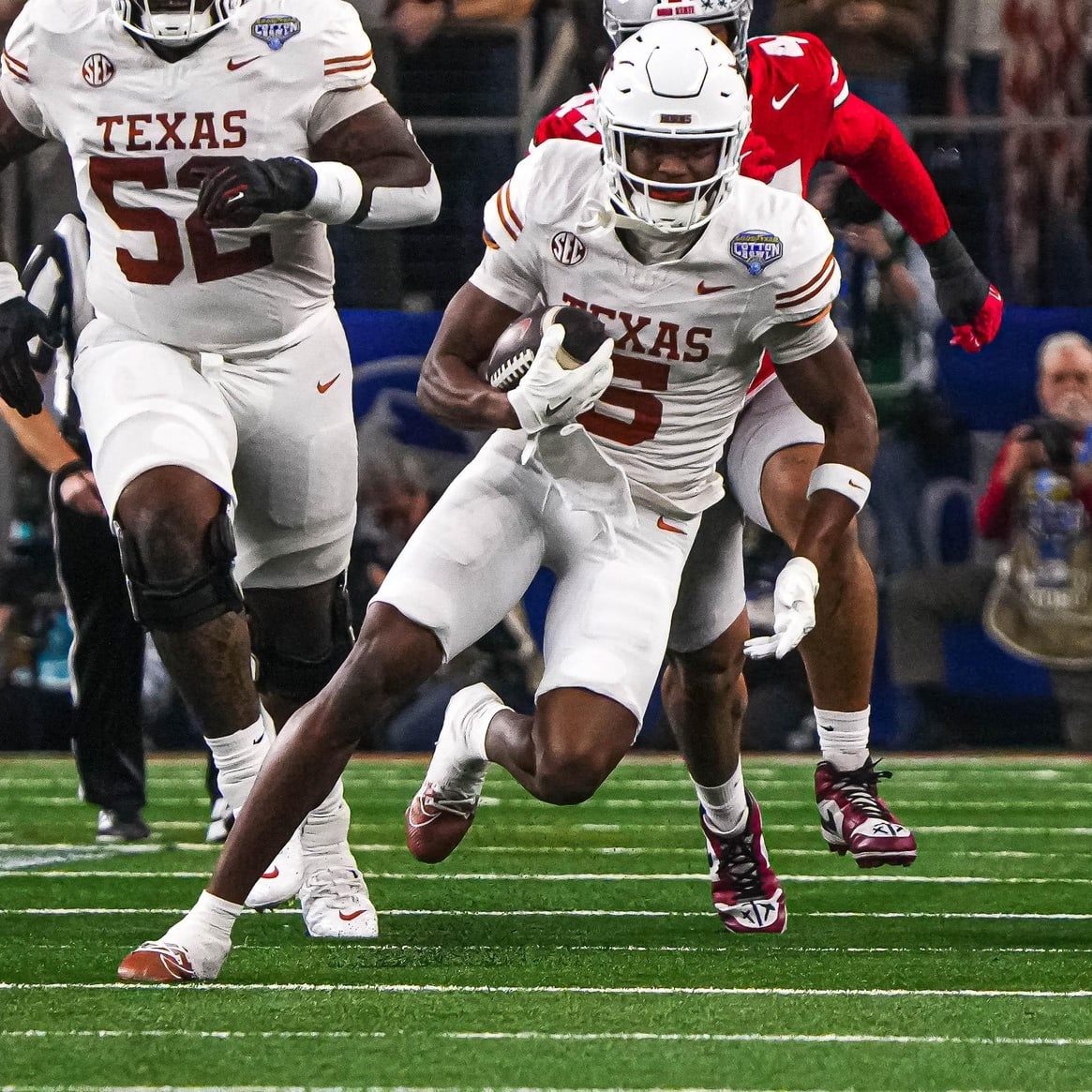In 2010, it's all about The U. The top two teams in each side of the conference from last season lost two of their top offensive players (C.J. Spiller and Jacoby Ford on Clemson, Jonathan Dwyer and Demaryius Thomas for Georgia Tech). Florida State will have a new coach. Boston College doesn't have a reliable quarterback. That leaves the Hokies of Virginia Tech, the Tar Heels of North Carolina, and the Baby 'Canes, who aren't so little anymore.
Miami brings nearly all of its offensive weapons back, including a Heisman-hopeful at quarterback, a stable of young, versatile running backs and a plethora of playmakers from Travis Benjamin to Aldarius Johnson, LaRon Byrd and Leonard Hankerson on the outside. The defense didn't lose much either from the 29th-ranked unit in the nation last season.
Meanwhile, Virginia Tech has had Miami's number the last few seasons, defeating the Hurricanes in three of the last four years. Tyrod Taylor will look to run wild along with sophomore Ryan Williams, who led the ACC in rushing as a freshman stepping in for the injured Darren Evans, who should also be healthy. Combine that with Tech's normally stellar defense and the ever-present "Beamer Ball," and the Hokies will be no slouch in the conference, either.
If you haven't guessed yet, the match-up between Virginia Tech and Miami on Nov. 20 likely will decide the ACC champion. Still, you can't count out the reigning champs, as Georgia Tech and the vaunted triple-option always
In 2010, it's all about The U. The top two teams in each side of the conference from last season lost two of their top offensive players (C.J. Spiller and Jacoby Ford on Clemson, Jonathan Dwyer and Demaryius Thomas for Georgia Tech). Florida State will have a new coach. Boston College doesn't have a reliable quarterback. That leaves the Hokies of Virginia Tech, the Tar Heels of North Carolina, and the Baby 'Canes, who aren't so little anymore.
Miami brings nearly all of its offensive weapons back, including a Heisman-hopeful at quarterback, a stable of young, versatile running backs and a plethora of playmakers from Travis Benjamin to Aldarius Johnson, LaRon Byrd and Leonard Hankerson on the outside. The defense didn't lose much either from the 29th-ranked unit in the nation last season.
Meanwhile, Virginia Tech has had Miami's number the last few seasons, defeating the Hurricanes in three of the last four years. Tyrod Taylor will look to run wild along with sophomore Ryan Williams, who led the ACC in rushing as a freshman stepping in for the injured Darren Evans, who should also be healthy. Combine that with Tech's normally stellar defense and the ever-present "Beamer Ball," and the Hokies will be no slouch in the conference, either.
If you haven't guessed yet, the match-up between Virginia Tech and Miami on Nov. 20 likely will decide the ACC champion. Still, you can't count out the reigning champs, as Georgia Tech and the vaunted triple-option always loom in the background, ready to plug a new star, perhaps rusher Anthony Allen, into the offense. Losing Derrick "Captain" Morgan hurts, but new defensive coordinator Al Groh should create a formidable defense.
The other contender is North Carolina, coached by Butch Davis, who many credit with building the Hurricanes' last national championship team in 2001. The Tar Heels have at least four potential first-round picks in the 2011 NFL draft on defense alone. North Carolina could have the top defense in the country, which makes it a dark horse for the ACC crown.
But it all comes back to the Hurricanes, who in 2009 were an overtime loss against Clemson and two fluke UNC interception returns in Tobacco Road from running the ACC and getting that elusive 11-win season. If Miami can weather the storm of tough non-conference games to open up the season (Pittsburgh and Ohio State), The U could rise to prominence once again in the ACC.
Jacory Harris, QB, Miami
Keys for Harris this season: his health, his offensive line, his decision-making. When Harris was kept upright last season, he was virtually untouchable. He compiled 3,352 yards and 24 touchdowns during his sophomore campaign. However, he was forced into 17 interceptions and did not complete 60 percent of his passes. Part of that had to do with playing with a broken thumb on his throwing hand, which also kept him out of spring practice. He is expected to be healthy for the season opener, though, and if the Canes can shore up their offensive front, Harris likely will improve last season's numbers.
Russell Wilson, QB, NC State
Wilson put up monstrous stats in 2009 as just a sophomore, posting 3,027 passing yards and 31 touchdowns through the air (fourth in the nation), along with 260 yards rushing and four more scores on the ground. He essentially accomplished that in 11 games, too, because in the season opener he passed for only 74 yards and no scores. Wilson went on to have five four-touchdown games and one five-touchdown game. That will be a tough act to follow, as there is no Murray State nor Gardner-Webb on the schedule this year. And the Wolfpack return only one starting lineman from last season. That said, Wilson remains an above-average option at quarterback and should post quality fantasy stats.
Christian Ponder, QB, Florida State
Despite missing FSU's final four games last season with a shoulder injury, Ponder still managed 2,717 yards passing and 14 touchdowns for the Seminoles. Clearly the leader of the first non-Bobby Bowden coached team in Tallahassee in decades, the senior is poised for a superb finish to his Florida State career, including running more than he did in 2009 (179 yards, two TD), further adding to his stat line.
Josh Nesbitt, QB, Georgia Tech
Nesbitt won't have his two best options from 2009 this year: running back Jonathan Dwyer and wide receiver Demaryius Thomas. What he will have is the Triple-Option offense, which will still allow him to run for more than 1,000 yards and about 20 touchdowns. The problem will be that without Thomas, an NFL first-round pick by the Denver Broncos, Nesbitt will have to rely almost exclusively on the run game, which will hinder his fantasy stats. Still, 2,500 total yards and 20 total scores are very useful.
Ryan Williams, RB, Virginia Tech
Williams wasn't even supposed to be the starter coming into last season, but Darren Evans tore his ACL, and Williams stepped in to destroy the competition. All he did was rush for 1,655 yards and 21 touchdowns as a freshman. Evans could come back and steal some carries, though just a year removed from ACL surgery, Williams still figures to garner most of the carries for the Hokies.
Montel Harris, RB, Boston College
After a stellar freshman season, Harris became the full-time workhorse for the Golden Eagles in 2009, carrying the ball 308 times for 1,457 yards and 14 scores. Boston College had some QB problems of its own last season that haven't appeared to have gotten any clearer over the offseason. As such, Harris should be effective again as the primary weapon for the Golden Eagles' attack.
Anthony Allen, RB, Georgia Tech
Jonathan Dwyer decided to turn pro, a fortuitous decision for Allen, who displayed ridiculous home-run potential in 2009 while receiving just 64 carries. He averaged a robust 9.7 yards per carry in Tech's option offense, while finding paydirt six times. Now thrust into the starting tailback role, Allen should get most of the touches in the offense aside from quarterback Josh Nesbitt, particularly with the Yellow Jackets' only legitimate receiver from last season, Demaryius Thomas, now in the NFL with the Broncos.
Jermaine Thomas, RB, FSU
Thomas started off slowly but picked up steam as the season wore on last year, posting four 100-yard games over his last six contests, including 121 yards and two touchdowns in Bobby Bowden's final bowl game, a 33-21 victory over West Virginia. Consistency will be the biggest key for Thomas, as it was either feast or famine for the 6-1 running back last year. Christian Ponder is back at quarterbac for the Seminoles, so with stability under center, Thomas should thrive in a loaded FSU offense.
Damien Berry, RB, Miami
The 'Canes have a stable of young running backs entering the season, but Berry remains at the forefront, particularly with the departure of Javarris James and the injury to Graig Cooper. Berry didn't even see the field in Miami's first four games in 2009, but worked his way into the mix and became the Hurricanes' most productive running back, gaining 6.6 yards per carry and scoring eight touchdowns. With a full offseason under his belt, big things are expected out of Berry.
Bert Reed, WR, Florida State
Reed takes over the top wideout spot with the departure of Rod Owens, which should help him find the end zone this season. Reed totaled 60 receptions for 710 yards, but didn't find the end zone once. Expect that to change this season. Quarterback Christian Ponder missed the final four games of the season last year with an injury. He's healthy now and poised for a strong season. If so, Reed will see his opportunities increase as well.
Greg Little, WR, North Carolina
Little doesn't really have a true position, but he caught 62 passes for 724 yards in 2009 and rushed for another 166 yards and a score. The Tar Heels have a ton of individual talent and could have strong 2010. Little will continue to be used in a variety of ways, including running out of the Wildcat.
Torrey Smith, WR, Maryland
An excellent pro prospect, Smith has flown under the radar at Maryland. Last season, though, he produced 827 yards and five touchdowns. A more consistent Maryland offense would go a long way in helping Smith's numbers.
Jarrett Boykin, WR, Virginia Tech
Boykin's offense doesn't air it out a whole lot with the ridiculous running back trio of Ryan Williams, Darren Evans and David Wilson around, but Boykin is definitely the top threat when Tyrod Taylor drops back to pass. The wideout averaged a mammoth 21.08 yards per catch last year, which allowed him to take the mediocre total of 39 catches for 822 yards and five touchdowns. Look for Boykin's superiority as a natural talent to result in him pulling away from the rest of the Virginia Tech receiver pack in 2010. You can definitely do worse than him
Leonard Hankerson, WR, Miami
Hankerson was Jacory Harris' favorite target last season, leading the team in all receiving categories with 45 grabs for 801 yards and six scores. Hankerson has an NFL body at 6-3, 215, and averaged a ridiculous 17.8 yards per catch. The big-play wideout also has enough help from his fellow receivers that teams can't key on him all the time. With QB Harris a year older and more mature, Hankerson has all the tools at his disposal to post a 1,000-yard season.
North Carolina Defense
The Tar Heels boasted the sixth-ranked defense in the nation in 2009, and no less than six defensive standouts who were considering entering the draft decided to return to North Carolina instead. Leading the bunch is second-team All-American Robert Quinn, a freakish 6-5, 260, defensive end who could be a top-5 pick in the 2011 NFL Draft. Along with Bruce Carter and Quan Sturdivant at linebacker and Marvin Austin at tackle, they form arguably the best front seven in the country. With first-team All-ACC safety Deunta Williams anchoring the back line, the UNC's defense could be the best in the nation in 2010.
Da'Rel Scott, RB, Maryland
Scott is a high-risk, high-reward player. In 2008, he led the Terps with 1,133 yards rushing and eight scores. In 2009, he broke his left wrist against Clemson and only played sparingly, gaining 425 yards on just 85 carries. However, his main competition, Davin Meggett, struggled as the featured back, so Scott should enter his senior season as a huge part of the Maryland offense. If healthy, he could get to the 1,000-yard mark once again.
Darren Evans, RB, Virginia Tech
As a freshman in 2008, Evans rushed for 1,265 yards and 11 touchdowns. Entering the last season, the Hokies were supposed to rely on his services as the featured back. That didn't happen, as Evans tore his ACL in August and missed the entire 2009 season. In stepped Ryan Williams, who pulled an Evans and even surpassed Darren's numbers from 2008. With Evans a year removed from the surgery, expect Frank Beamer to use both of his prized backs.
Marshall Williams, WR, Wake Forest
It was a good 2009 for Williams, as he caught 60 passes for 867 yards and six touchdowns. 2010 doesn't look as rosy. Not only is Williams is a loaded receiver lineup that could steal a great proportion of the catches this year, but Wake Forest's loss of Riley Skinner means that the team is reverting to an option offense, and the number of pass attempts are going to drop big-time. Three Wake receivers last year had 45 or more catches. The last time the team ran the option offense? One receiver had over 30 catches.
Storm Johnson, RB, Miami
Could there be a more perfectly named player for the Hurricanes than Storm? This Storm comes with some firepower of his own, as Johnson can be a bulldozer between the tackles, but also displays some cutback ability as well. The 'Canes have a bunch of backs to choose from in 2010 behind starter Damien Berry, including Mike James, Lamar Miller and fellow freshman Eduardo Clements. However, none has much experience, and Johnson has the most upside of all.
Bryn Renner, QB, North Carolina
If senior QB T.J. Yates struggles, look for Butch Davis to insert the heralded freshman recruit into the starting lineup early in the season. The 6-3, 185, quarterback created a buzz during spring with his spectacular arm, displaying accuracy, strength and touch. He's very polished for his age and has already shown that he has the ability to lead. Renner may not sit on the sideline for long.









